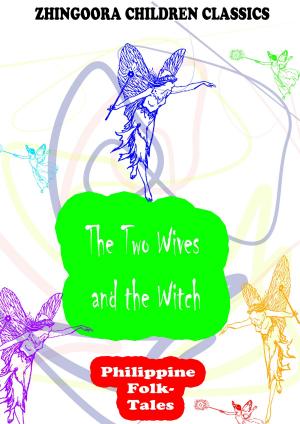| Author: | Henry Fielding | ISBN: | 1230000034639 |
| Publisher: | Zhingoora Books | Publication: | November 30, 2012 |
| Imprint: | Language: | English |
| Author: | Henry Fielding |
| ISBN: | 1230000034639 |
| Publisher: | Zhingoora Books |
| Publication: | November 30, 2012 |
| Imprint: | |
| Language: | English |
Christmas Summary Classics
This series contains summary of Classic books such as Emma, Arne, Arabian Nights, Pride and prejudice, Tower of London, Wealth of Nations etc. Each book is specially crafted after reading complete book in less than 30 pages. One who wants to get joy of book reading especially in very less time can go for it.
HENRY FIELDING
Amelia
Henry Fielding was born at Sharpham Park, near Glastonbury, England, April 12, 1707. His father, a grandson of the Earl of Desmond, and great-grandson of the first Earl of Denbigh, settled in England shortly after the battle of Ramillies as a country squire. In due course, Fielding was sent to Eton, and afterwards to Leyden, where he remained for two years studying civil law. Financial difficulties, however, put a temporary end to his intention of entering the Bar, and in 1727 he solved the problem of a career by beginning to write for the stage. During the next nine years some eighteen of his plays were produced. In 1748 he was appointed a justice of peace for Westminster, and his writings on police and crime are of interest to this day. "Amelia" was published in 1751, when its author was a magistrate at Bow Street. In a dedicatory letter, Fielding explained that the book was "sincerely designed to promote the cause of virtue, and to expose some of the most glaring evils, as well public as private, which at present infest the country." The licentiousness of wealthy "men about town," the corruption of justice, the abuses of the prison system, the lack of honour concerning marriage--these are some of the "glaring evils" exposed with all the great novelist's power in "Amelia." In the characters of Dr. Harrison and Amelia herself, the virtuous man and woman are drawn so clearly that they inevitably win the reader's sympathy. "Amelia" does not equal the genius of "Tom Jones," but it is remarkable for being so largely devoted to the adventures of a married couple, instead of ending at marriage. Fielding died on October 8, 1754.
Christmas Summary Classics
This series contains summary of Classic books such as Emma, Arne, Arabian Nights, Pride and prejudice, Tower of London, Wealth of Nations etc. Each book is specially crafted after reading complete book in less than 30 pages. One who wants to get joy of book reading especially in very less time can go for it.
HENRY FIELDING
Amelia
Henry Fielding was born at Sharpham Park, near Glastonbury, England, April 12, 1707. His father, a grandson of the Earl of Desmond, and great-grandson of the first Earl of Denbigh, settled in England shortly after the battle of Ramillies as a country squire. In due course, Fielding was sent to Eton, and afterwards to Leyden, where he remained for two years studying civil law. Financial difficulties, however, put a temporary end to his intention of entering the Bar, and in 1727 he solved the problem of a career by beginning to write for the stage. During the next nine years some eighteen of his plays were produced. In 1748 he was appointed a justice of peace for Westminster, and his writings on police and crime are of interest to this day. "Amelia" was published in 1751, when its author was a magistrate at Bow Street. In a dedicatory letter, Fielding explained that the book was "sincerely designed to promote the cause of virtue, and to expose some of the most glaring evils, as well public as private, which at present infest the country." The licentiousness of wealthy "men about town," the corruption of justice, the abuses of the prison system, the lack of honour concerning marriage--these are some of the "glaring evils" exposed with all the great novelist's power in "Amelia." In the characters of Dr. Harrison and Amelia herself, the virtuous man and woman are drawn so clearly that they inevitably win the reader's sympathy. "Amelia" does not equal the genius of "Tom Jones," but it is remarkable for being so largely devoted to the adventures of a married couple, instead of ending at marriage. Fielding died on October 8, 1754.
![Cover of the book Amelia [Christmas Summary Classics] by Henry Fielding, Zhingoora Books](https://www.kuoky.com/images/2012/november/500x500/1230000034639-H1jq_500x.jpg)
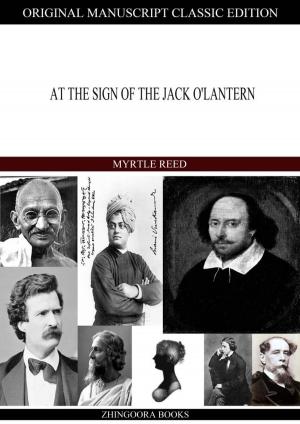
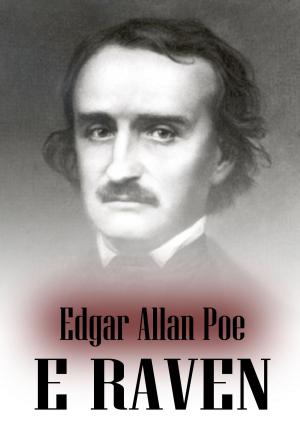
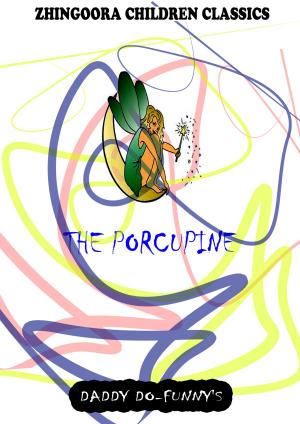


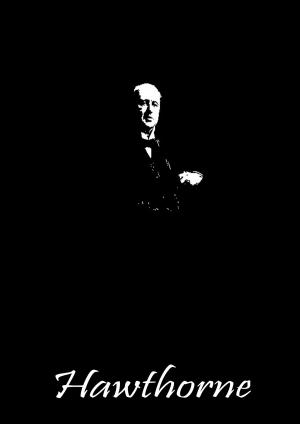
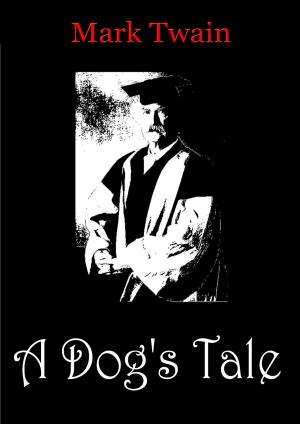

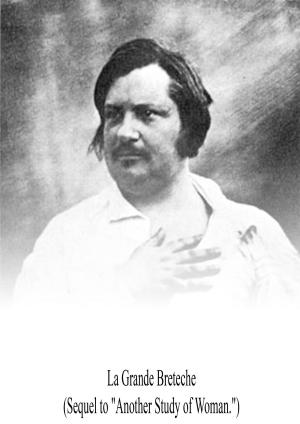
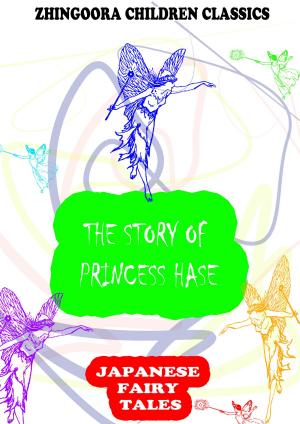

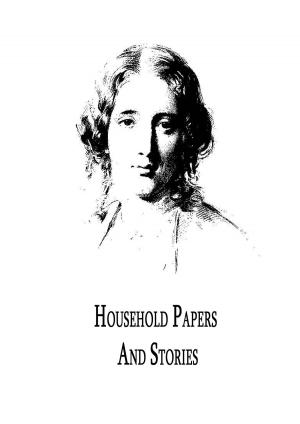
![Cover of the book The Death Of The Gods [Christmas Summary Classics] by Henry Fielding](https://www.kuoky.com/images/2012/november/300x300/1230000032320-6ytW_300x.jpg)
